There is a labour crisis in the ag machinery sector. At the recent FTMTA farm machinery show in Punchestown, Ireland’s largest dedicated farm machinery event, Fergal O’Sullivan who is a technical trainer in the agri department in IT Tralee, was inundated with enquires.
“Genuinely, around 100 people approached me and enquired about really good mechanic technicians,” says Fergal. He was approached by businesses from right across the ag machinery sector.
They included manufacturers of robotic milking machines, modern combines and harvesters, and tractors. “These were big dealers, manufacturers and companies that were enquiring” says Fergal. “It was very obvious for me that there is a huge shortage of skilled labour.”
Industry agrees. Brian Moran of McHale speaks of the difficulty in recruiting skilled labour from a manufacturing perspective: “We are finding it difficult to find skilled welders, CNC machine operators, and software engineers. Across the board for us, it is a lot more difficult to find good people as a result of the general improvement in the economy.”
William Judge from Massey Ferguson says: “As time goes on, it seems it’s becoming more and more difficult to find a pool of talented and interested people to work in the industry.”
Fergal stresses the need to educate the public on this matter. “A tractor is not a mechanical machine with an engine that makes noise, they are automative machines with a serious amount of computers, software, sensors and actuators.
“A software update is now as common as an oil change. It is vital we educate the public, and more importantly career guidance counsellors, that this is a high-tech industry,” says Fergal.
Speaking to Gary Ryan, chief executive of the FTMTA, it was evident he also has strong views on the matter but he felt “the scarcity of staff is a sign that the sector is doing well”. Gary feels there are two issues, firstly a structural issue, and secondly the type of skilled worker being supplied.
Gary explained that the structural issue was the low number of mechanics that were trained in the recession years because people weren’t going to take on an apprentice when business was quiet.
“There were a few years where nothing was going into the tank. Then things began to pick up and there had been a low supply, while at the other end of the line you had people moving on and retiring, so there’s undoubtedly a gap there,” adds Gary.
The second issue Gary spoke of was what the industry actually requires, versus what is currently being supplied into it.
“Skilled labour is where the real issue lies and the course [the FTMTA] designed will help this,” says Gary.
“We have been working with Tralee IT over the past number of years and together we have designed a new course to produce service technicians capable of handling high-end stuff. This course is being developed and maintained with the input of the industry, so it’s far more likely to produce what the industry requires.”
Education
The course Gary mentions is the Bachelor of Science in Agricultural Mechanisation in IT Tralee and it was first set up two years ago. It was contributed to by many of the big players in the machinery sector, including John Deere, AGCO, CLAAS and Same-Deutz.
These organisations came together with the aim of finding and educating ambitious, bright young people with a passion and an aptitude capability who are willing to learn.
This course is a Level 7 qualification. It is composed of mechanical work, such as engines and hydraulics. However, it is mainly aimed at understanding and being able to work with the electronic side of machines.
The qualified auto technician for agricultural machines will be trained to use fault-finding software, understand computer systems, analogue digital electronics such as ISObus and CANbus. It really is high-end stuff.
“To do this, we need young people who are enthusiastic, bright, interested, and good at problem solving,” explains Fergal. “We need to get intelligent people into the sector who can add value.”
350-point mark
Gary Ryan agrees. Gary speaks about the high-calibre people they’re seeking to enter this course. “We’re looking for people around the 350-point mark with a keen interest in machinery. They need to have problem-solving skills and be versatile, because they’ll be working on different machinery.
“Half of the work may be on-farm or in the field, so they need to have good people and communication skills. Tracking paperwork is also a big part of the job, so they need to have a good level of literacy and computer skills along with a certain level of mathematics to under- stand electronic systems.
“This scarcity in the industry won’t be resolved overnight. It will take time, but this should help address the issue in hand,” says Gary.
Brian Moran of McHale intends to work with agricultural colleges as well as offering apprenticeships to bright young people. However, he is aware that “it will take time for these people to come through the ranks and fill key roles”.
William Judge’s description of the calibre of person required for high-end jobs in the sector doesn’t deviate very much from Gary Ryan’s.
William says the industry needs those who are diplomatic, handy, good at problem-solving and are business and commercially orientated. He feels the industry needs these kind of people because everything to do with modern machinery is now very expensive.
GIRL POWER
Fergal O’Sullivan highlights the need to attract women to the sector. Fergal was on a tour recently in Germany, which saw him visit a range of ag machinery brands. In all, 30% to 35% of the technicians he encountered were women.
He is keen to encourage any interested women to pursue a career in this industry. “It is far from a dirty career,” says Fergal. “You’re talking about using laptops, plugging in multimetres and steloscopes. There are great opportunities out there for both men and women alike.”
William Judge highlights the importance of making the industry more attractive to young people generally. He references the huge range of opportunities within the sector, “If you begin as a technician, there’s no end to where you might end up in the business. People need to be informed on how broad the technical area is within the industry.”
William emphasises that “no other industry provides the opportunity for people to deal with top technology and such advanced equipment in a hands-on manner”.
Lifestyle is a factor that should also be taken into account when choosing your career. On this point Fergal, notes: “The industry is quite unique, as it provides the option for people to go to college and become qualified then live rurally and play sport locally, – while still working in a high-end, exciting and a high-tech industry.”

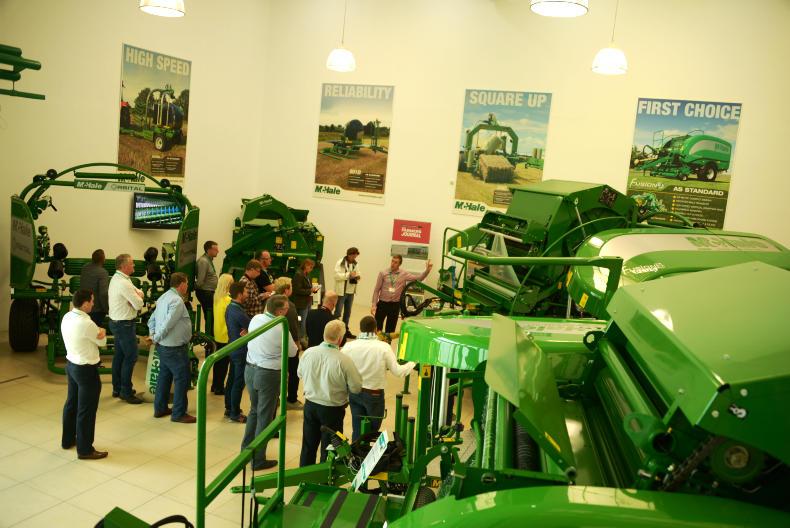




 This is a subscriber-only article
This is a subscriber-only article





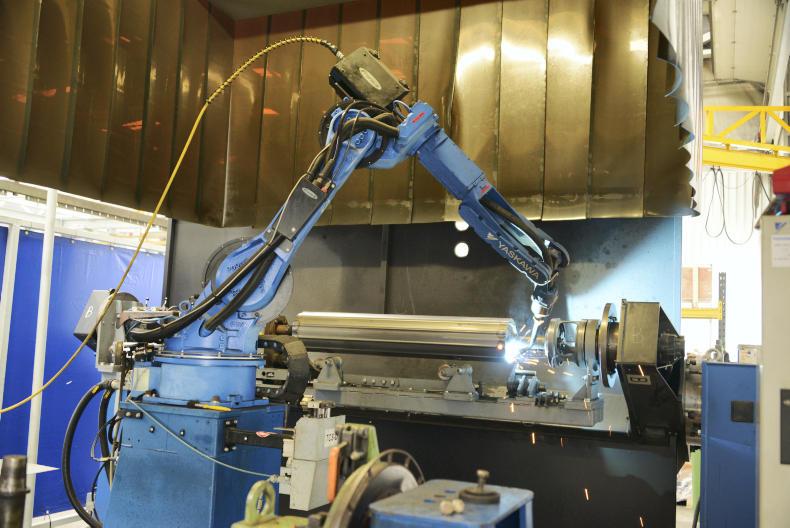

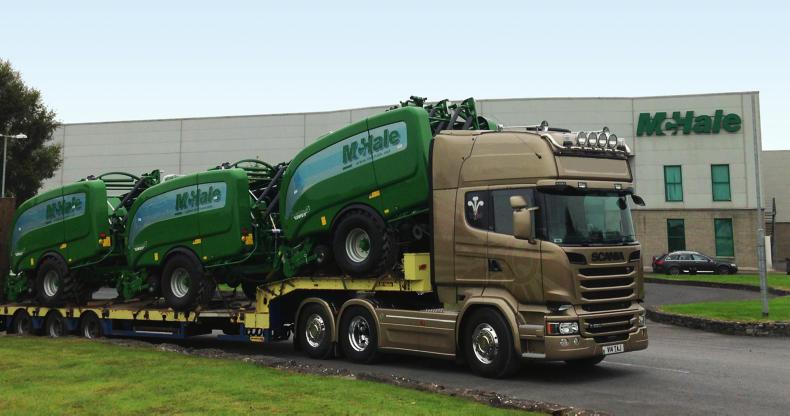
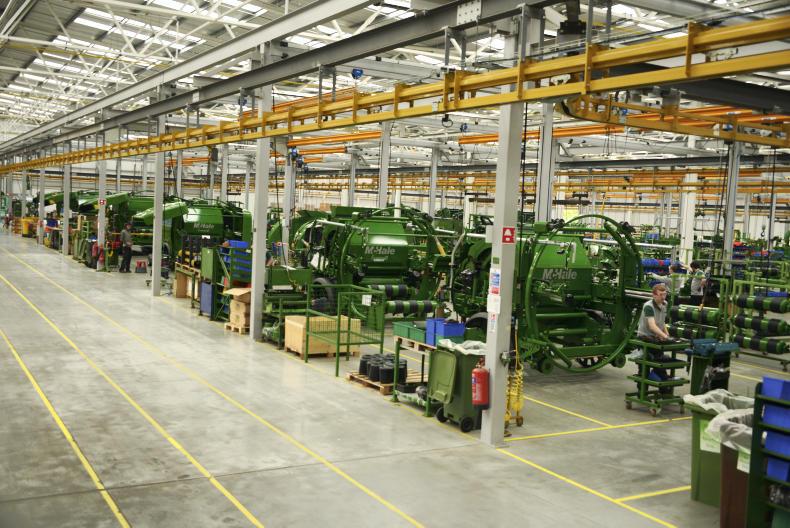

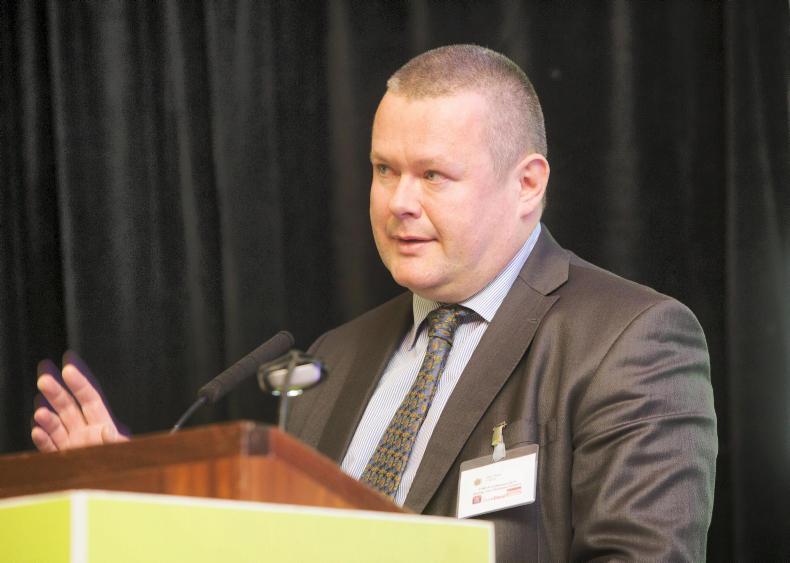
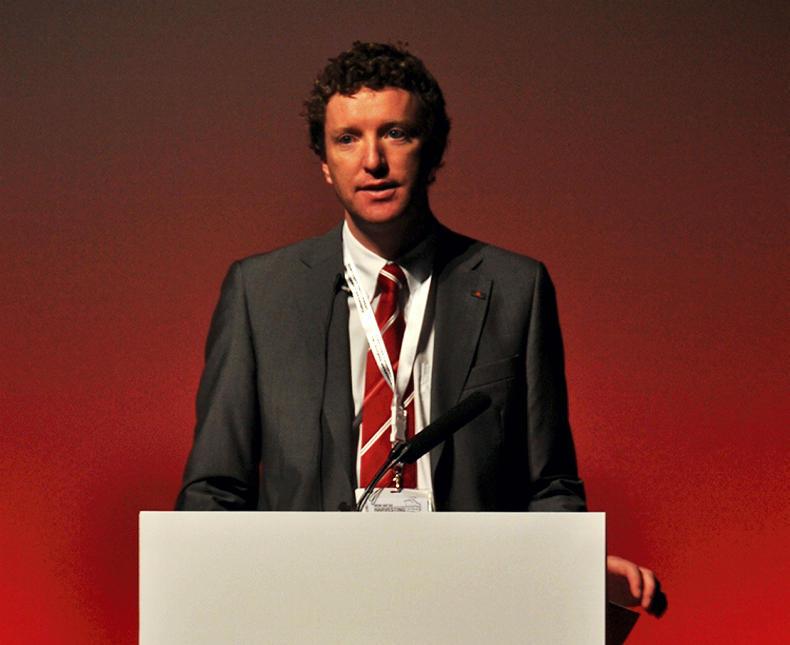
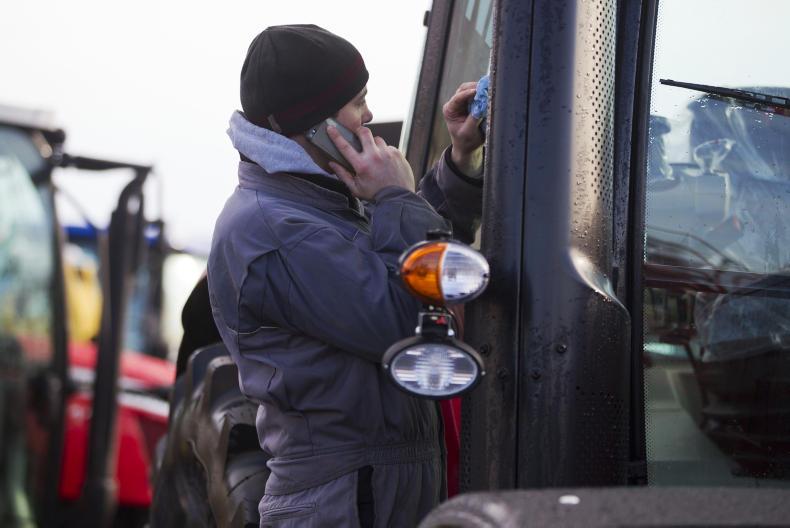


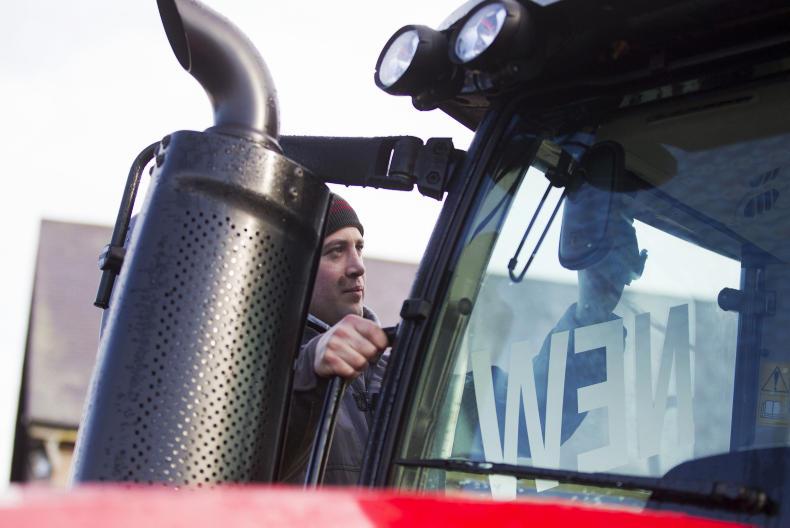
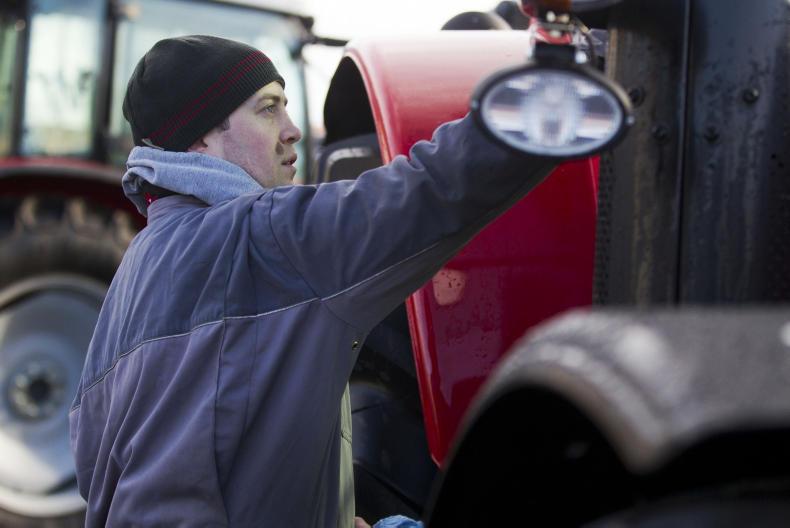

SHARING OPTIONS: